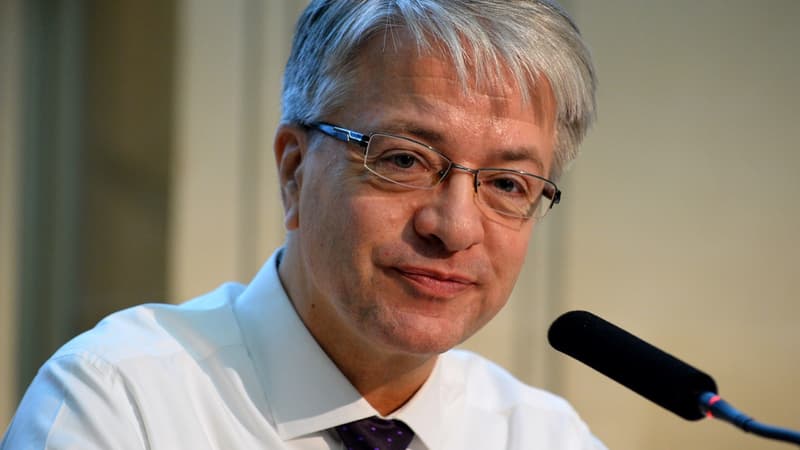Banks are by nature responsible for directing strategic financing depending on the context and therefore must participate in forecasting. Recently, the World Bank and JPMorgan called the current period – with conflicts in Ukraine and Israel – “dangerous”, although the prospect of a financial crisis is not really accepted at the moment.
A tense geopolitical and inflationary context
Today it is BNP Paribas’ turn to undertake this exercise in an interview for La Tribune. Its director general, Jean-Laurent Bonnafé, took the opportunity to analyze the “new rise in global tensions, but also the absence of dialogue and the fragmentation of the world” since the resurgence of tensions in Israel. “Therefore, it is difficult to design reliable economic forecasting scenarios,” he explains. But very significant volumes of raw materials pass through the Middle East and the Middle East. If the situation deteriorates further, there could be quite considerable consequences for the global economy.”
It must be said that beyond this global geopolitical instability, the inflationary context also contributes to weakening the economy. Jean-Laurent Bonnafé makes a general observation: “Europe has slowed down much more than the United States, where activity remains at a very high level. Germany is particularly affected. Therefore, we should not delay in starting to lower interest rates, to preserve the European economic fabric.”
The latter heralds, therefore, new measures adopted by the European Central Bank (ECB) in this area, in particular to be able to fulfill its commitments regarding financing the energy transition. “All technologies are not yet complete, far from it, as demonstrated by the difficulties encountered in the battery sector,” he explains. Changing models is very expensive. Today we are on the border of two worlds.”
A “stopped” Europe
Jean-Laurent Bonnafé then takes the opportunity to list BNP Paribas’ efforts to “replace fossil fuels with low-carbon energy.” The banking group would have “become number one in the world in green bonds, green bond issues, while it is only ranked 26th in the world in bond issues in the oil and gas sector.” The latter intends to allocate 80% of its loan portfolio to the production of low-carbon energy (a figure close to 60% in 2022). By 2026, this will mean reducing funding for oil exploration and production by 80%.
Mention is then made of the efforts to finance the purchase of electric and hybrid cars, as well as the rehabilitation of homes. “In this case too, the transition is expensive,” he explains. A recent study shows that financing the purchase of an electric vehicle and the energy renovation of a home represents four years of savings capacity for an average household. Public support therefore remains essential. “This is a collective issue: energy renewal is still out of reach for a certain number of homes.”
Therefore, the business world and Europe must firmly address the issue of financing the energy transition. Especially because, unlike the United States “with a single and effective fiscal policy,” “the European response has yet to be built.” By having a framework that is sometimes “too rigid”, Europe is above all “at a standstill” on the issue of a European capital market that is “an essential lever to support and finance the energy transition as a whole, as “the economy in general ”. .”
Source: BFM TV


